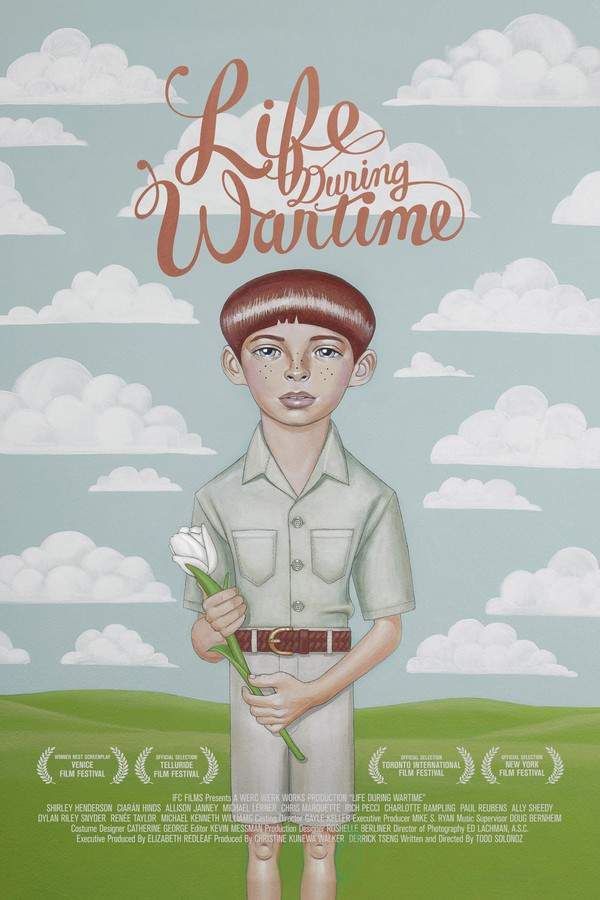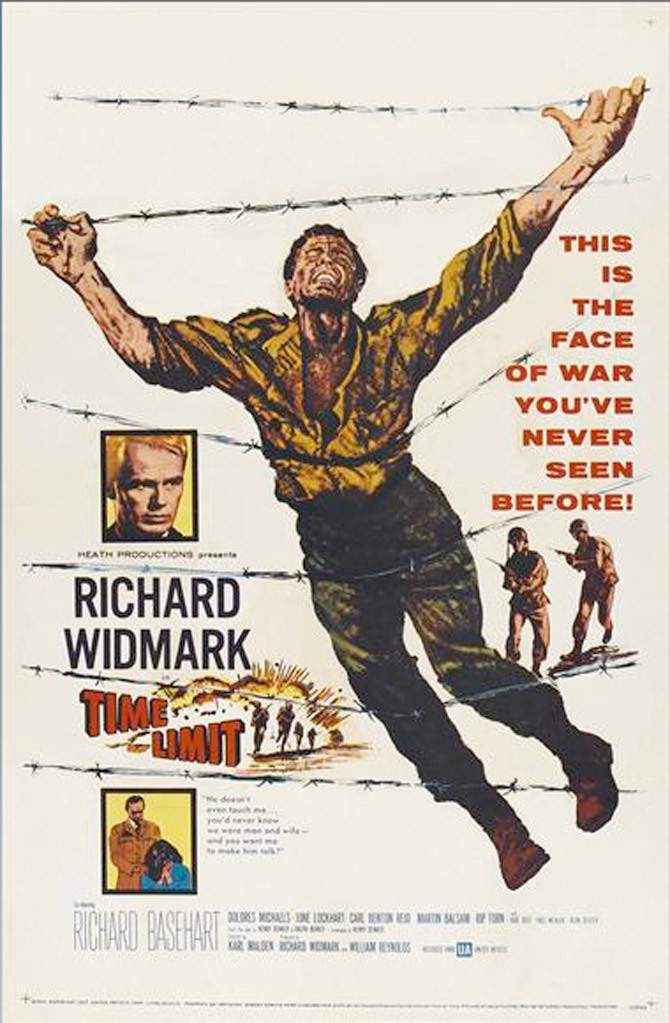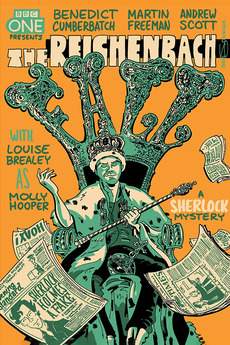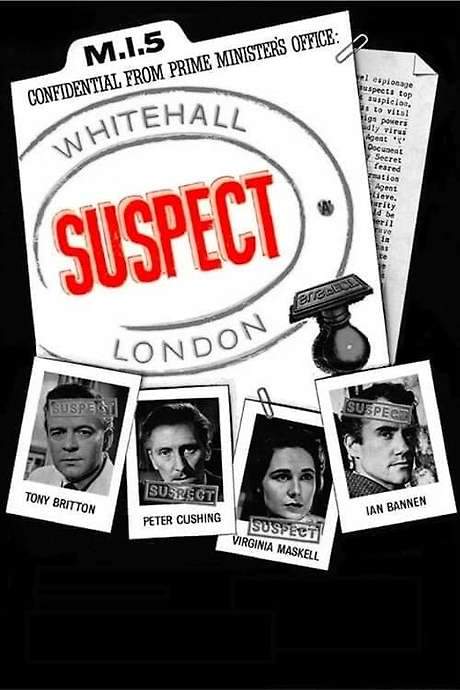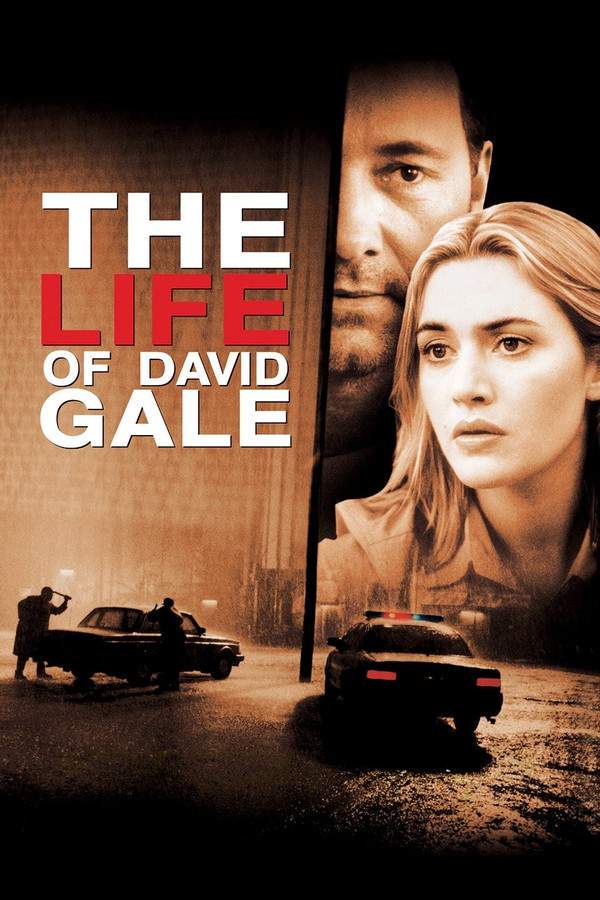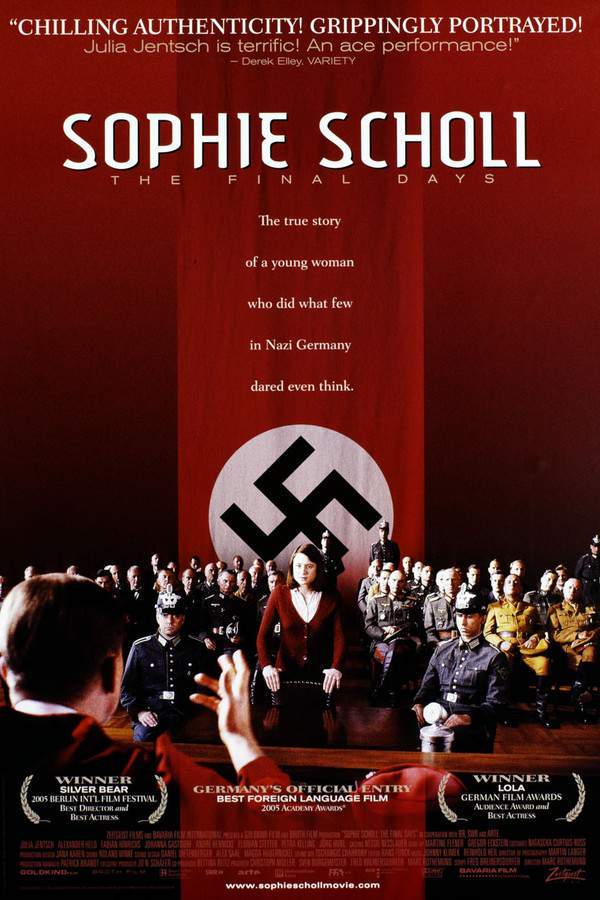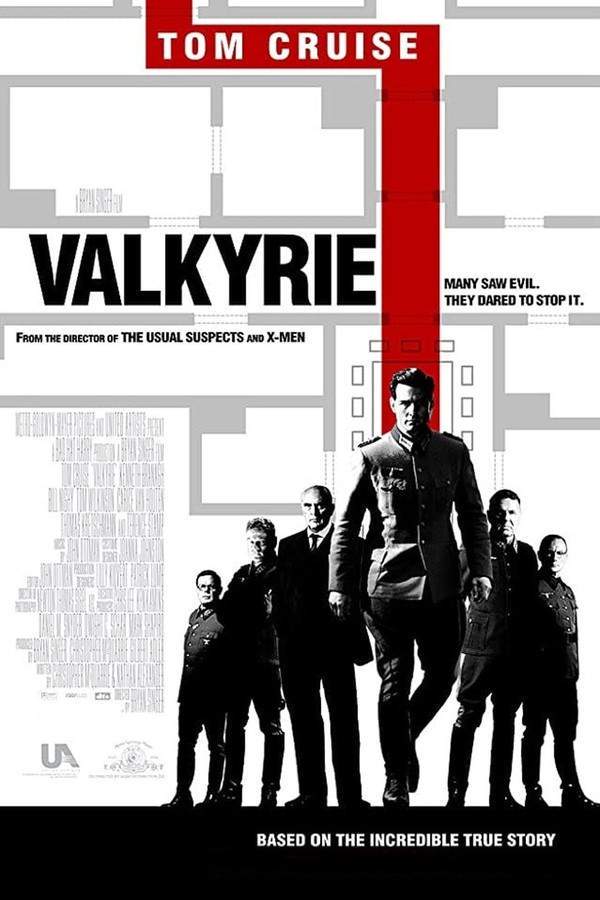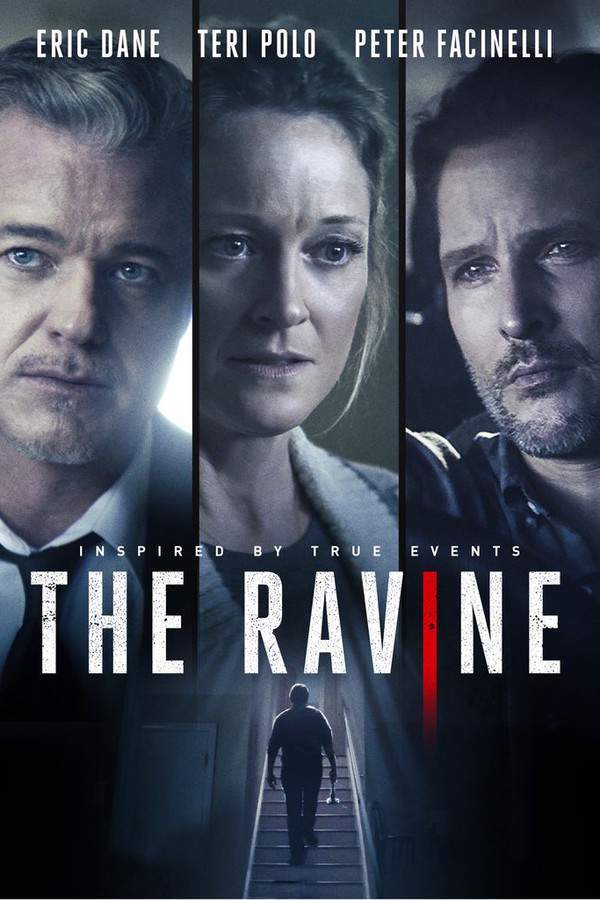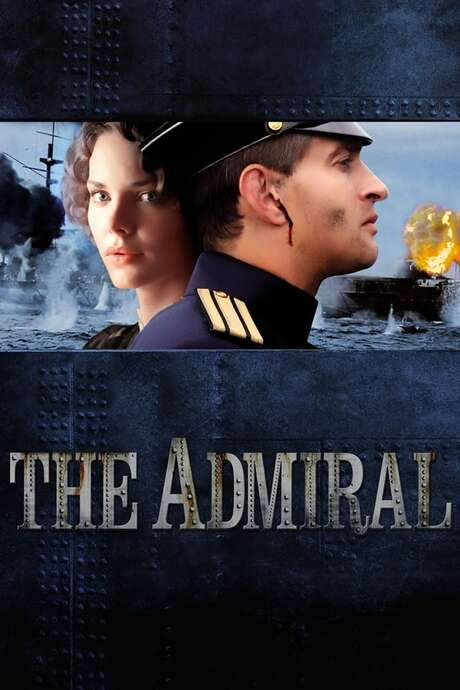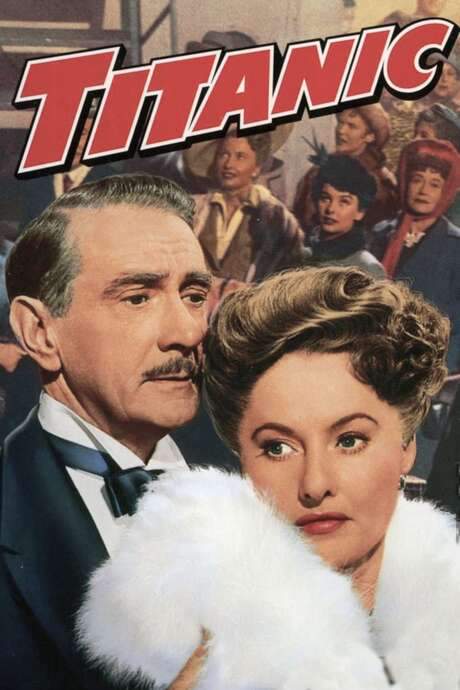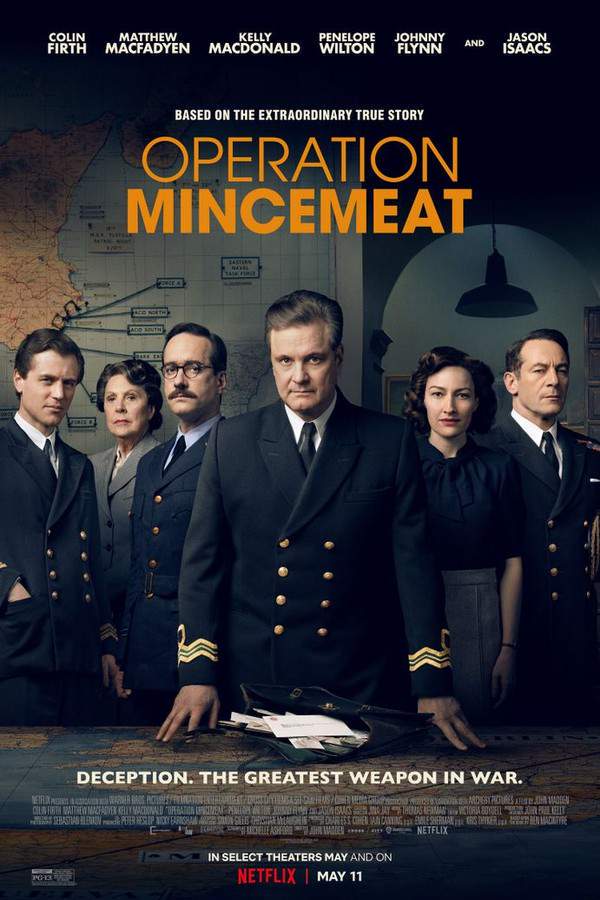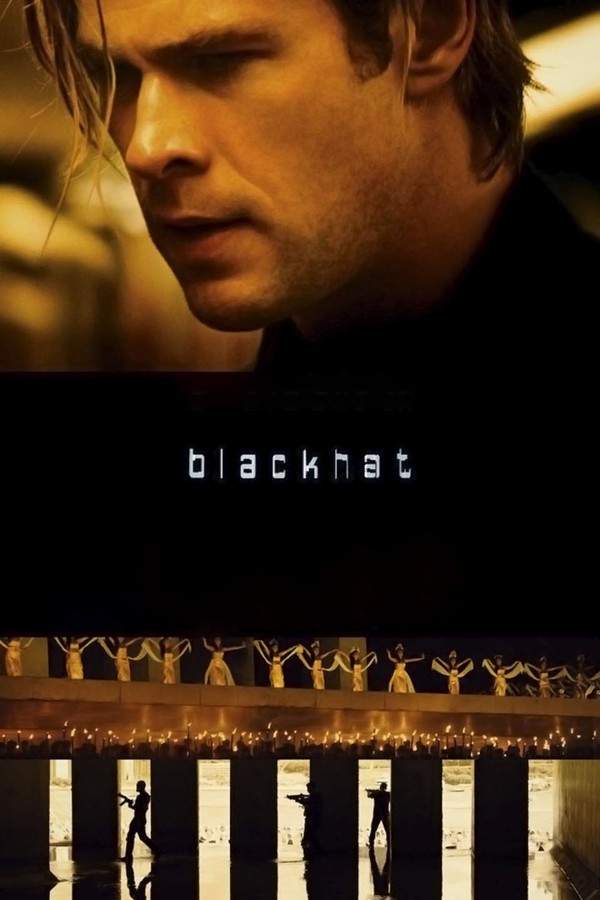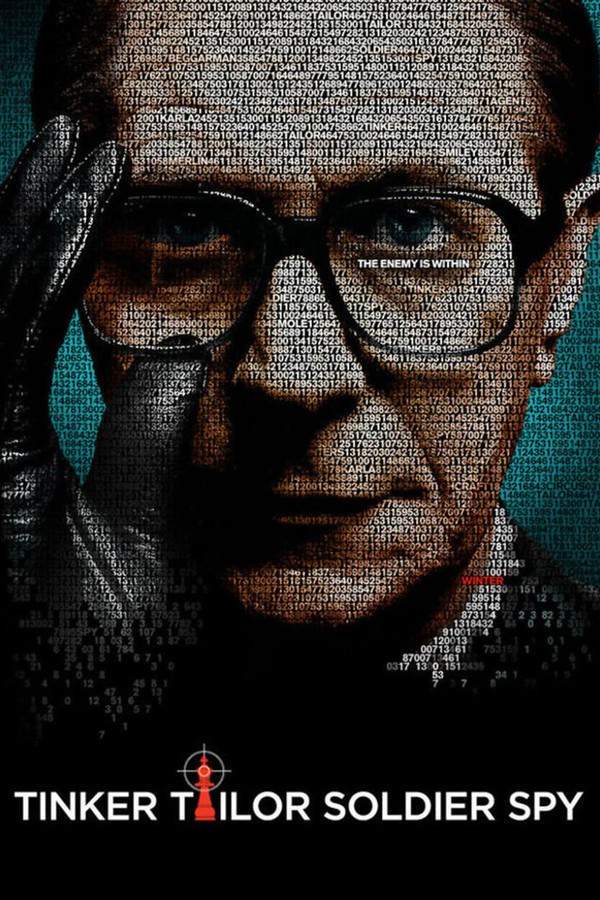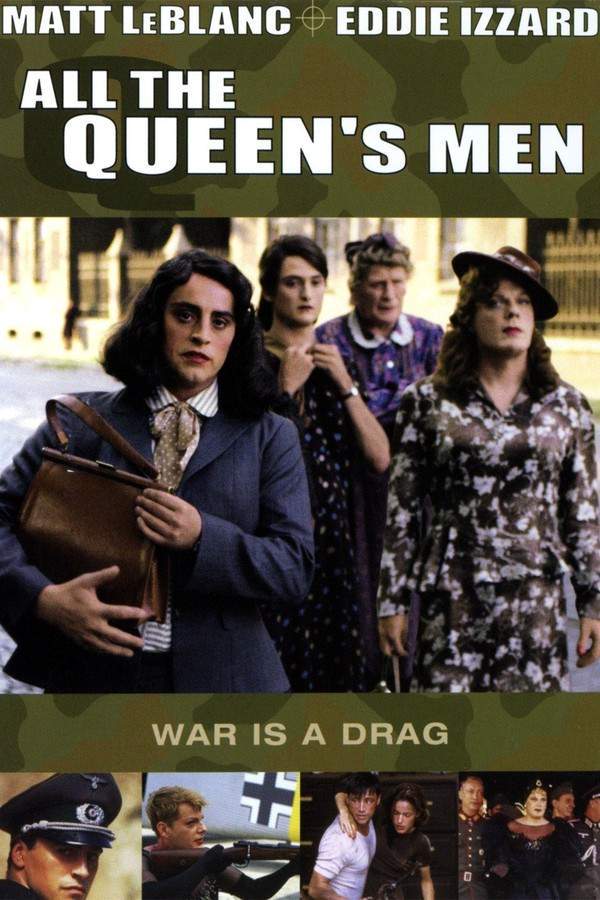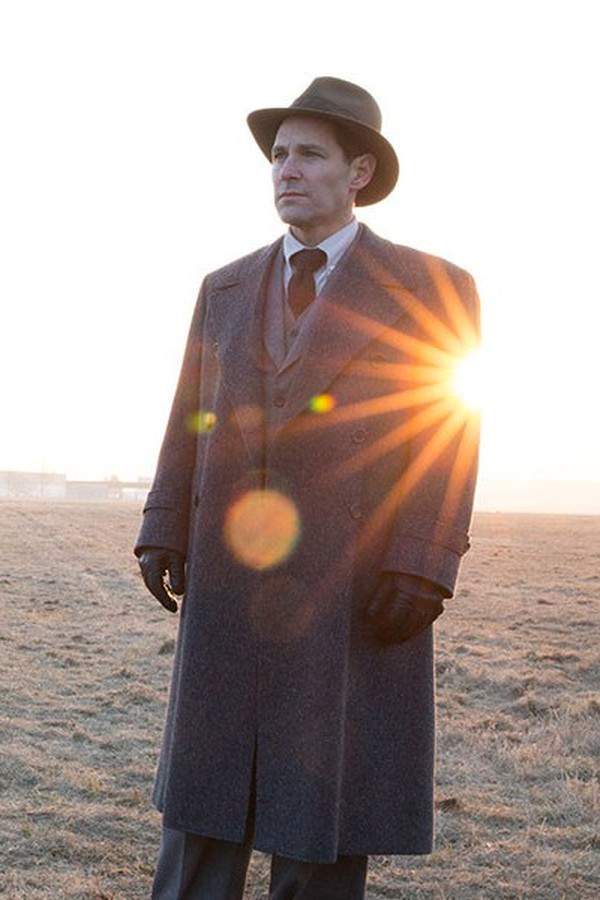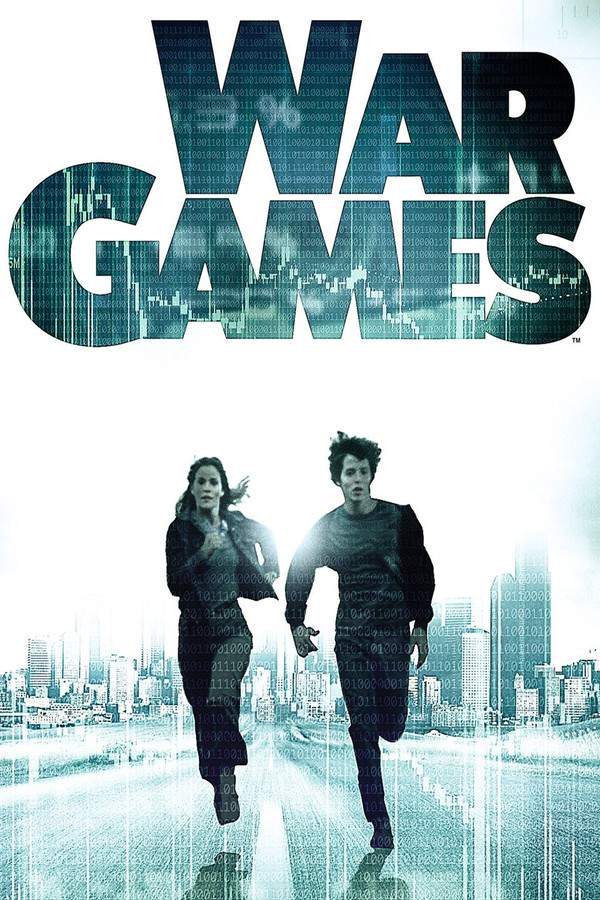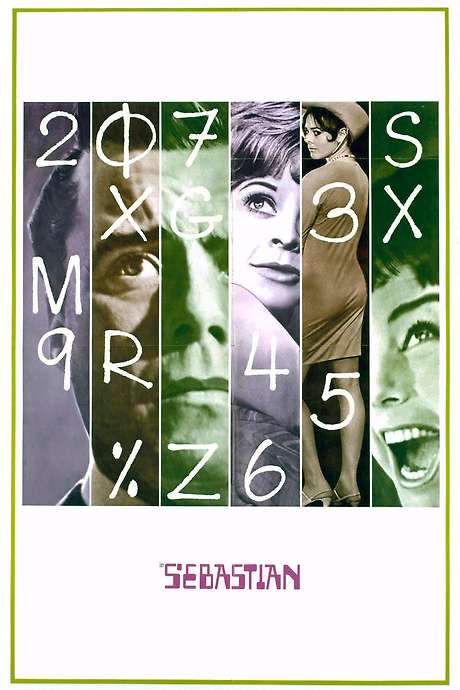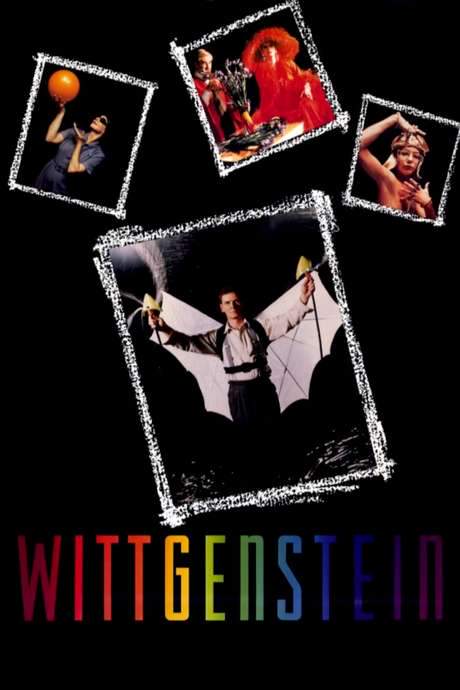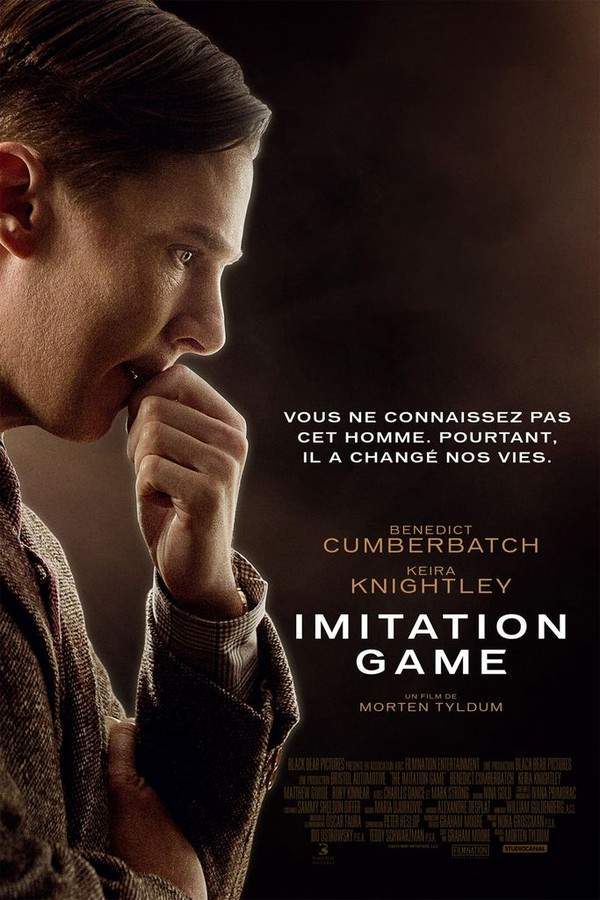
The Imitation Game
Year: 2014
Runtime: 114 min
Language: English
Director: Morten Tyldum
In 1952, the arrest of Alan Turing, a brilliant mathematician, disrupts his quiet life. Despite being a war hero who played a pivotal role in cracking German Enigma codes with his team, he is accused of "gross indecency." The story explores his groundbreaking work during World War II and the personal struggles he faced, revealing the impact of his contributions to modern computing and the consequences of the time's intolerance.
Warning: spoilers below!
Haven’t seen The Imitation Game yet? This summary contains major spoilers. Bookmark the page, watch the movie, and come back for the full breakdown. If you're ready, scroll on and relive the story!
Timeline – The Imitation Game (2014)
Trace every key event in The Imitation Game (2014) with our detailed, chronological timeline. Perfect for unpacking nonlinear stories, spotting hidden connections, and understanding how each scene builds toward the film’s climax. Whether you're revisiting or decoding for the first time, this timeline gives you the full picture.
Last Updated: November 16, 2024 at 16:58
Explore Movie Threads
Discover curated groups of movies connected by mood, themes, and story style. Browse collections built around emotion, atmosphere, and narrative focus to easily find films that match what you feel like watching right now.
Movies about geniuses under pressure like The Imitation Game
Brilliant minds fighting insurmountable odds, both externally and from within.For viewers who liked The Imitation Game, this section features similar biographical dramas and thrillers about brilliant minds racing against time. These movies explore the heavy personal cost of genius, often set against a backdrop of societal prejudice or wartime pressure, creating a tense and melancholic viewing experience.
Narrative Summary
Stories in this thread often follow a brilliant protagonist tasked with solving an impossible problem, typically under a severe time constraint like a war. Their intellectual journey is paralleled by a personal one, where they must conceal their true self—be it their sexuality, neurodivergence, or unconventional methods—from hostile or uncomprehending authorities. The narrative tension comes from both the race for a solution and the fear of personal exposure.
Why These Movies?
Movies are grouped here for their shared focus on the high-stakes drama of intellectual breakthroughs contrasted with the intimate, often tragic, struggles of the genius at their center. They share a tense, somber mood, a steady pacing driven by both problem-solving and personal jeopardy, and a heavy emotional weight stemming from the central contradiction of public triumph and private suffering.
Historical thrillers with tragic victories like The Imitation Game
Stories where a world-saving success is overshadowed by a profound personal cost.If you liked the ending of The Imitation Game, this collection features similar movies where a historic achievement is paired with a deep personal loss. These films are tense, complex dramas based on true events or realistic scenarios, exploring the heavy price paid by individuals for the greater good.
Narrative Summary
The narrative pattern involves a race against time to achieve a critical objective with massive stakes, such as breaking a code or developing a weapon. The plot builds tension through this high-stakes mission. However, the resolution is double-edged: the objective is met, saving countless lives, but the protagonist suffers a grave personal injustice, persecution, or tragic fate, often directly because of the traits that made their success possible. The ending feels predominantly sad or bittersweet.
Why These Movies?
These films are grouped by their distinctive emotional arc, which juxtaposes a large-scale, intellectual, or strategic triumph with an intimate, human tragedy. They share a high intensity, a steady or fast pace driven by urgency, a complex narrative structure, and a tone that balances tense thriller elements with a fundamentally melancholic and somber core.
Unlock the Full Story of The Imitation Game
Don't stop at just watching — explore The Imitation Game in full detail. From the complete plot summary and scene-by-scene timeline to character breakdowns, thematic analysis, and a deep dive into the ending — every page helps you truly understand what The Imitation Game is all about. Plus, discover what's next after the movie.
The Imitation Game Summary
Read a complete plot summary of The Imitation Game, including all key story points, character arcs, and turning points. This in-depth recap is ideal for understanding the narrative structure or reviewing what happened in the movie.

Characters, Settings & Themes in The Imitation Game
Discover the characters, locations, and core themes that shape The Imitation Game. Get insights into symbolic elements, setting significance, and deeper narrative meaning — ideal for thematic analysis and movie breakdowns.

The Imitation Game Spoiler-Free Summary
Get a quick, spoiler-free overview of The Imitation Game that covers the main plot points and key details without revealing any major twists or spoilers. Perfect for those who want to know what to expect before diving in.

More About The Imitation Game
Visit What's After the Movie to explore more about The Imitation Game: box office results, cast and crew info, production details, post-credit scenes, and external links — all in one place for movie fans and researchers.

Similar Movies to The Imitation Game
Discover movies like The Imitation Game that share similar genres, themes, and storytelling elements. Whether you’re drawn to the atmosphere, character arcs, or plot structure, these curated recommendations will help you explore more films you’ll love.
Explore More About Movie The Imitation Game
The Imitation Game (2014) Plot Summary & Movie Recap
The Imitation Game (2014) Scene-by-Scene Movie Timeline
The Imitation Game (2014) Spoiler-Free Summary & Key Flow
Movies Like The Imitation Game – Similar Titles You’ll Enjoy
Operation Mincemeat (2022) Full Summary & Key Details
Blackhat (2015) Film Overview & Timeline
Enigma (2002) Complete Plot Breakdown
Official Secrets (2019) Ending Explained & Film Insights
Tinker Tailor Soldier Spy (2011) Complete Plot Breakdown
All the Queen's Men (2002) Movie Recap & Themes
The Catcher Was a Spy (2018) Movie Recap & Themes
WarGames (1983) Film Overview & Timeline
Enigma (1982) Film Overview & Timeline
Different from the Others (1919) Full Summary & Key Details
Cambridge Spies (1000) Plot Summary & Ending Explained
Blunt (1987) Story Summary & Characters
Breaking the Code (1996) Plot Summary & Ending Explained
Sebastian (1968) Detailed Story Recap
Wittgenstein (1993) Detailed Story Recap



